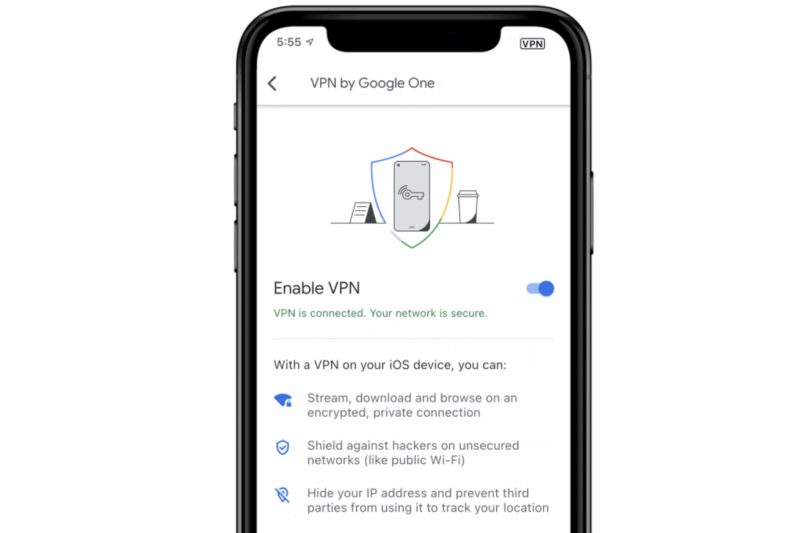As we bid adieu to yet another service in Google’s extensive lineup, the news of the Google One VPN joining the Google graveyard marks a significant shift in the tech giant’s offerings. Despite the initial enthusiasm surrounding the launch of the Google One VPN service, its eventual demise highlights the competitive landscape of the virtual private network market and the challenges faced by companies attempting to carve out their niche in the ever-evolving digital ecosystem.
One cannot overlook the fact that Google, with its vast array of services and products, is no stranger to discontinuations. The Google Graveyard is a symbol of the company’s willingness to experiment, innovate, and ultimately prioritize user experience and company objectives over individual services that may not meet expectations or align with long-term strategies. The decision to sunset the Google One VPN service underscores the complexity of operating in the tech industry, where rapid advancements, changing consumer preferences, and formidable competition necessitate constant evaluation and adaptation.
The rise of VPN services has been driven primarily by the growing concerns surrounding online privacy, data security, and digital surveillance. Consumers are increasingly aware of the importance of safeguarding their online activities and sensitive information from prying eyes, making VPNs an essential tool in maintaining privacy and anonymity on the internet. However, the market is saturated with numerous VPN providers, each offering varying features, performance, and pricing structures, making it challenging for new entrants to gain a foothold and stand out among established players.
In the case of the Google One VPN service, its integration into the Google One subscription package was a strategic move to enhance the value proposition for users and differentiate the offering from competitors. By bundling the VPN service with cloud storage, customer support, and other benefits under the Google One umbrella, Google aimed to create a comprehensive solution that catered to a broader range of user needs. Despite this approach, the service ultimately failed to gain sufficient traction or deliver the desired impact, leading to its discontinuation.
The demise of the Google One VPN service serves as a reminder of the dynamic nature of the tech industry, where innovation, experimentation, and adaptability are crucial for survival and success. Companies must continually reassess their product portfolios, business strategies, and market dynamics to stay relevant and competitive in an ever-changing landscape. While the Google Graveyard may be filled with discontinued services and failed experiments, it also embodies a culture of boldness, risk-taking, and a commitment to pushing boundaries in pursuit of excellence.
As we reflect on the fate of the Google One VPN service and its journey from launch to sunset, we are reminded of the inherent challenges and uncertainties that come with venturing into uncharted territories. While not every endeavor may yield the desired results, each experience provides valuable lessons, insights, and opportunities for growth and improvement. In the fast-paced world of technology, adaptability, resilience, and a willingness to learn from both successes and failures are essential traits for companies seeking to thrive amidst fierce competition and constant change.

